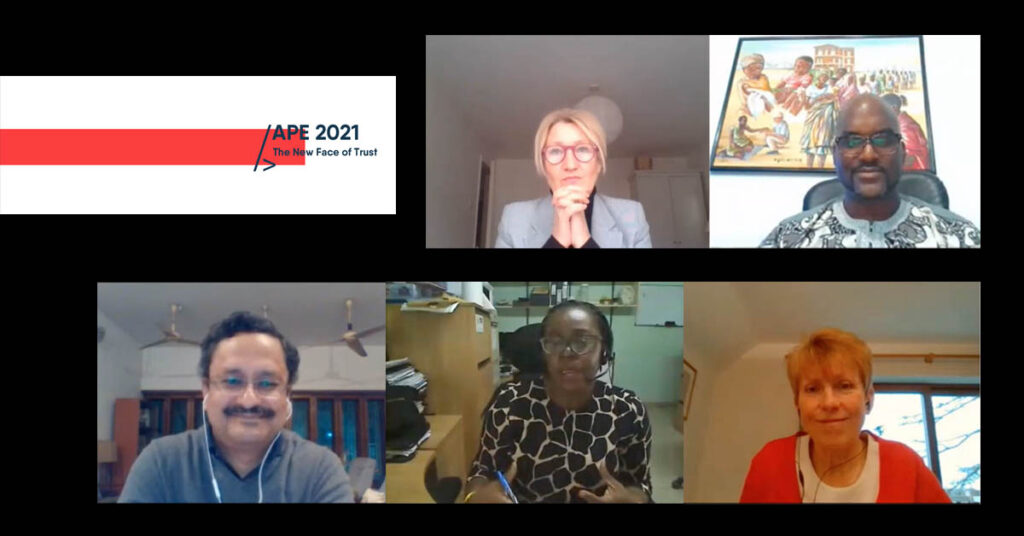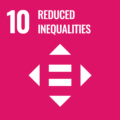Open access: creating a level playing field for the Global South
How can open access #OA be more inclusive for low- and middle-income countries? Experts weigh in at the Academic Publishing in Europe (APE 2021) conference.

Open Access (OA) and the advent of access programs such as Research4Life have rapidly transformed the publishing landscape. In some ways, they have made strides in bridging the knowledge gap between high- and low-income countries. In other ways, they may present obstacles, however, so it’s important to ensure that a move towards open access doesn’t disadvantage low-income countries.
In July 2020, a white paper co-published by Elsevier’s International Center for the Study of Research (ICSR) and STM — Achieving an Equitable Transition to Open Access for Researchers in Lower-and-Middle-Income Countries — highlighted that despite the steady increase in research output from the Global South, 75 percent of researchers from low- and middle-income countries (LMICs) still published in subscription journals in 2018.
To understand this issue, senior representatives from the research, development and publishing sectors gathered virtually in January at the 2021 Academic Publishing in Europe (APE) conference to discuss how the publishing community can ensure a more inclusive OA playing field.
Moderator Anne Kitson, SVP of Cell Press and The Lancet, stressed the need to work in collaboration with global communities to tackle this issue:
This (panel discussion) is a call to action for all publishers to better engage and truly collaborate with the research and medical communities in the Global South as part of our focus on greater inclusion and diversity in the research process, especially with stakeholders aligning around the SDGs. Continuing to support capacity building via mentoring schemes such as the African Journal Partnership Program or similar initiatives can (help) LMICs build resilient research ecosystems.
“If we are not careful, we risk ending up with a research communication ecosystem which is less equitable and less diverse than the current one.”
Andrea Powell, STM Outreach Director and Publisher Coordinator for Research4Life and co-author of the white paper, shared the key takeaways, highlighting practical ways researchers in LMICs can be supported in making this transition to open access:
We can examine ways in which editorial boards and peer-review networks could be more inclusive, supporting the publication of research that is more relevant for LMICs themselves and the Sustainable Development Goals, and developing more capacity-building resources aimed at authors, editors and reviewers from LMICs.
With over 10,000 registered institutions in more than 125 countries and territories, Research4Life has contributed to reducing the knowledge gap by providing free and low-cost access to up to 140,000 peer-reviewed resources in developing countries since 2002. Andrea also emphasized the benefits of the Research4Life network to achieve mutual goals.
We should collectively leverage the huge global partnership Research4Life has built up over the past two decades to mobilize resources – and its network of users to bake diversity and inclusion into the research communication system from the very outset, including through dialogue with funders.
Read the full article on Elsevier Connect: “Open access: creating a level playing field for the Global South“, Maha Rhannam, 30 March 2021


















